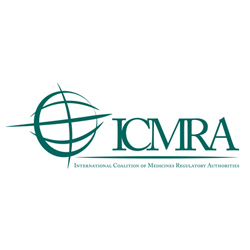The International Coalition of Medicines Regulatory Authorities (ICMRA), a voluntary coalition of regulatory leaders that provides strategic directions for enhanced cooperation, improved communication, and effective global crisis response mechanisms, and the World Health Organization (WHO) have issued a call for the pharmaceutical industry to provide wide access to clinical data for all new medicines and vaccines (whether fully or conditionally approved, under emergency use, or rejected).
“Clinical trial reports should be published without redaction of confidential information for reasons of overriding public health interest,” the organizations said in a May 7 statement.
The COVID-19 pandemic has brought into sharp focus the need for information and data to support academics, researchers, and industry in developing vaccines and therapeutics; to support regulators and health authorities in their decision-making; to support healthcare professionals in their treatment decisions; and to support public confidence in the vaccines and therapeutics being deployed, noted the groups.
Regulators continue to spend considerable resources negotiating transparency with sponsors. Both positive and negative clinically relevant data should be made available, while only personal data and individual patient data should be redacted.
“Another benefit is the possible check of data integrity—a scientific necessity and an ethical must,” the organizations said. “Data must be robust, exhaustive, and verifiable through peer review.”
“Lack of public access to negative trials has been identified as a source of bias, which weakens the conclusions of systematic reviews and provides a false sense of reassurance on the safety or efficacy of the medicine,” the groups added.
On the other hand, “publication of data allows science to advance faster, by avoiding repetition of unnecessary trials and waste of resources (human and financial). This also brings benefits by improving the efficiency of development programs and reducing both development costs and time,” the statement noted.
Edited by Michael Causey



